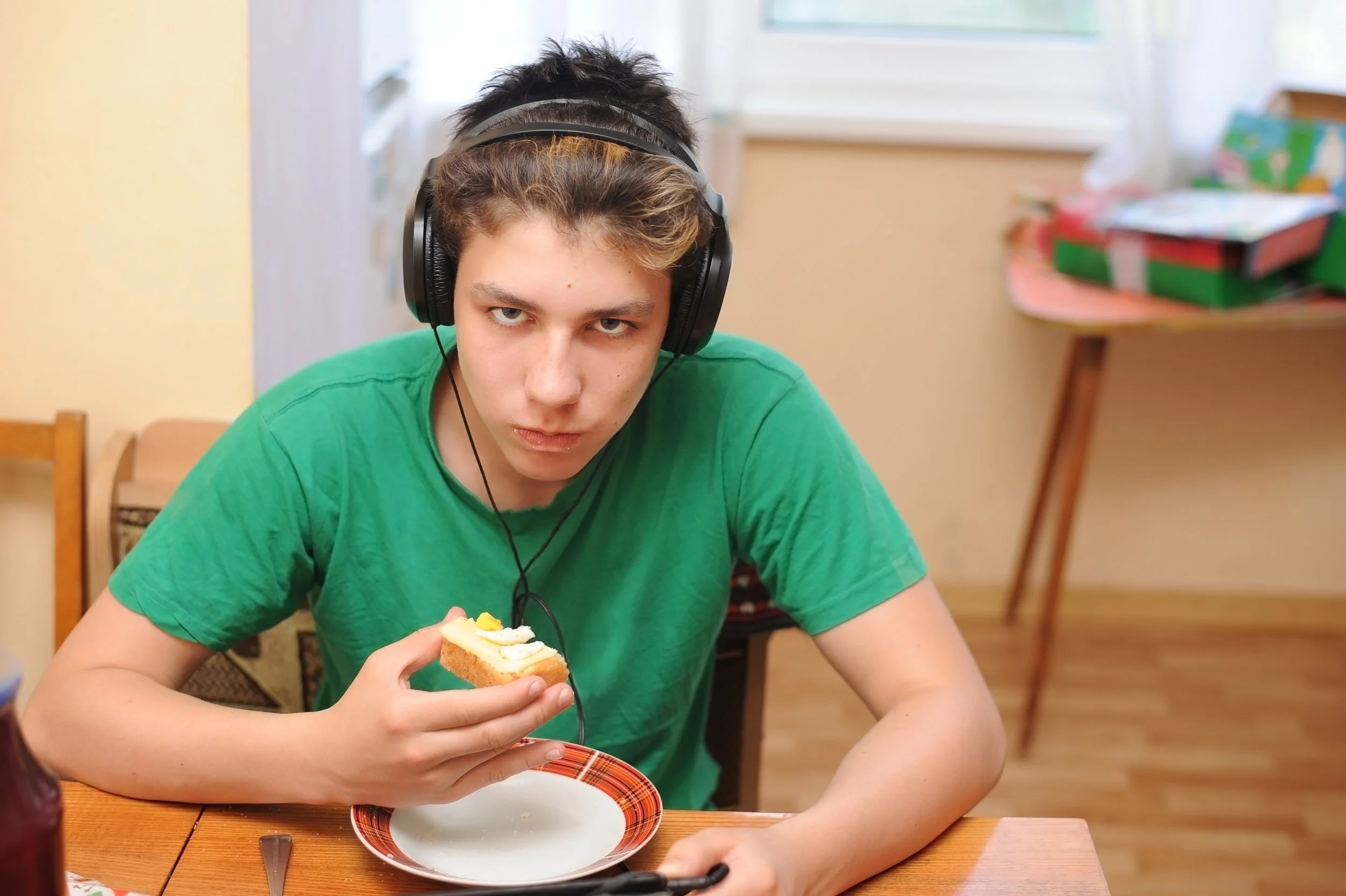They don’t come with instructions.
Cracking the Code of Parent-Teen Relationships
Parenting teens and pre-teens is not for the faint of heart. At times, your presence feels like something they could do without…but that doesn’t mean they don't want or need it. It’s tricky, but sustaining this connection is absolutely within reach, and while there is no instruction manual for raising kids, the skillset offered in Cracking the Code is the next best thing.
As a participant, you’ll learn how to…
understand the developing brain behind the challenging behavior
decrease stress while improving relationship quality with practical skills
navigate challenging conversations and tricky topics
sustain connection even when at odds, always prioritizing the relationship
In Person
Split into four 1.5-hour sessions, Cracking the Code in-person workshops include all of the education and learning combined with the opportunity to connect with other parents struggling with similar concerns. Past participants have remarked that learning in a supportive community of peers has been a highlight of the experience. Next sessions begin on Saturday, April 26th at 9:15am, Compass Professional Suites in Camas, WA.
Cost: $150/person. REGISTER BY April 21st AND SAVE $30!!
-
These 1.5 hour workshops will cover:
SESSION 1: WHAT THE HECK?
Understanding the Developing Brain and why teens act the way they do.
Why Relationships between Parents & Teens Get Tricky as adolescence comes into the picture.
SESSION 2: BACK OFF BUT STAY CONNECTED
How to Maintain a Connected, Influential Relationship even when they want less do with you than ever.
Research-informed relationship skills that set your teenager up for healthy relationships for the rest of their life.
SESSION 3: MAKE THE HARD CONVERSATIONS (A LITTLE) EASIER
How to Connect and How to Respond in challenging times and with challenging topics like sex, relationships, technology, and risk behaviors.
Deciding When to Step In and When to Step Back as they navigate their lives.
SESSION 4: LOOKING AHEAD
The Importance of Letting them Fail and how stepping in too much or too early may work against you.
The important distinction between Protecting and Preparing teens for their lives.
Focus on the long-term relationship, because it’s going to get better as they get older.
On Demand
Formatted in four sessions and subdivided into easy-to-digest 10-20 minute segments, you’ll find weekly exercises, articles, and strategies to rework habits that get in the way of your relationship with your teenager. All for $99 including lifetime access to the videos, handouts, “What to Do” Recordings, and continually updated bonus content to review when needed most.
-
WEEK 1
Overview of research on relationships, brain development, and influence.
One of the main findings: we have far more influence than we think. The key is being skillful in how we wield that influence.
DJ also discusses the nature of parent-teen relationships and why they get so tricky over the years, as well as the things he has seen both help and hurt them during his fifteen years of practice.
WEEK 2
An in-depth look at the skill sequence developed by relationship expert, Brent Aktinson, PhD, adapted by DJ for parent-teen relationships.
The method emphasizes both the need to demonstrate openness and flexibility AND to be able to stand up for one’s self and perspective effectively and without anger, counter-criticism or blame.
As Dr. Atkinson puts it, your main goal is to avoid triggering the natural defenses in the other person.
WEEK 4
Turns out teens and parents, even at their most contentious, typically have the same goal: get the kid the heck out of the house by the appropriate time.
DJ has always believed that the challenges of adolescence don’t have to spell disaster for the relationship. This week he covers aspects of sustaining and nurturing connection through times of conflict, differences in terms of what is “okay” and not “okay” - including perhaps the most contentious battleground of all: school.
Learn the tools and mindset that will greatly increase the odds of your teen seeing you as an ally and a resource - one they’ll turn back to down the road when parents suddenly get a whole lot smarter.


